

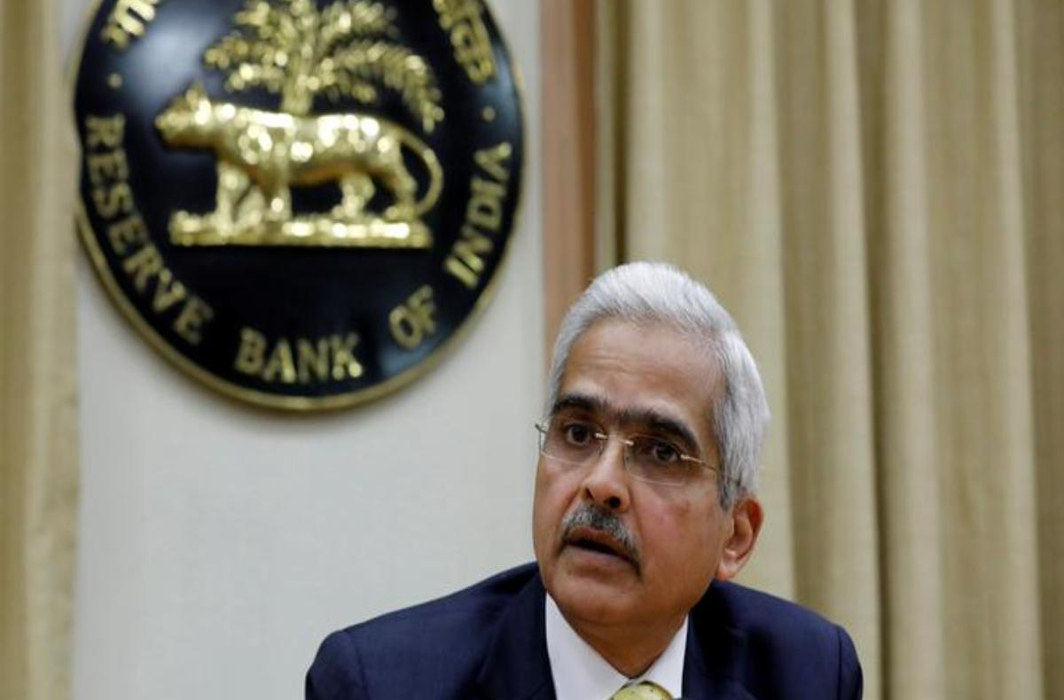
RBI Governor Shaktikanta Das will announce the central bank's monetary policy decision at 10 am today, after a three-day meeting with the Monetary Policy Committee. While analysts expect the repo rate to remain unchanged at 6.5%, there might be a downward revision in FY25 GDP growth due to the high base effect. The RBI governor will also discuss current domestic and global economic situations and address a press conference at 12:00 pm. This will be the first monetary policy announcement since RBI hiked its interest rate in February 2023.
Reserve Bank of India Monetary Policy: Repurchase Agreement and Interest Rates
Background
The Reserve Bank of India (RBI), the central bank of India, is responsible for conducting monetary policy and managing the financial system. Monetary policy involves using tools to control the supply of money and interest rates in an economy to achieve macroeconomic objectives such as price stability, economic growth, and financial stability.
One of the primary tools used by the RBI is the repurchase agreement (repo) rate. The repo rate is the interest rate at which the RBI lends short-term funds to commercial banks. By adjusting the repo rate, the RBI can influence the cost of borrowing for banks and ultimately for businesses and consumers.
Recent Developments
On March 30, 2023, RBI Governor Shaktikanta Das announced the monetary policy decision after a three-day meeting with the Monetary Policy Committee. As expected, the repo rate remained unchanged at 6.5%. However, the RBI revised its GDP growth forecast for FY25 downward to 6.4% due to the high base effect.
FAQs
1. Why did the RBI keep the repo rate unchanged?
The RBI may have kept the repo rate unchanged due to concerns about inflation and the need to support economic growth. Inflation remains elevated, and the RBI wants to ensure that it moderates without sacrificing economic momentum.
2. What is the high base effect that led to the downward revision in GDP growth forecast?
The high base effect refers to the impact of high economic growth in a previous period. In this case, the strong GDP growth in FY23 (8.7%) has created a high base for comparison, making it challenging to achieve the same level of growth in FY25.
3. What is the impact of the repo rate on the economy?
An increase in the repo rate makes borrowing more expensive, which can slow down economic growth by reducing investment and consumption. A decrease in the repo rate makes borrowing cheaper, which can stimulate economic growth.
4. What are the other tools used by the RBI in monetary policy?
Besides the repo rate, the RBI uses other tools such as the reverse repo rate, open market operations, and quantitative easing.
5. What is the role of the Monetary Policy Committee?
The Monetary Policy Committee is a six-member body that advises the RBI on monetary policy decisions. The committee is responsible for setting the repo rate and other monetary policy parameters.
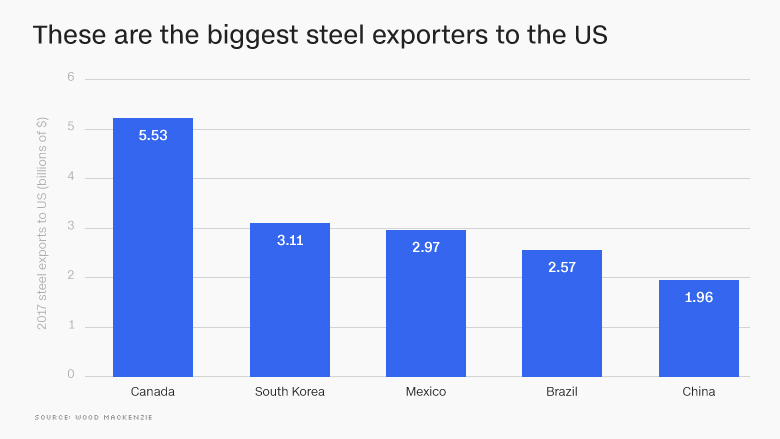
Canada has announced that it will challenge the new 25% tariffs imposed by US President Donald Trump through international legal channels. In response, Canada has also introduced its own tariffs on American products, affecting 17% of all US imports. The move is seen as a violation of trade agreements between the two countries and has raised concerns about the impact on global economic growth and inflation. Meanwhile, Nirmala Sitharaman has presented the second Budget for the BJP government, with a focus on reviving the Indian economy through healthcare, infrastructure, and privatization, though critics argue these measures should have been implemented earlier.

Samvardhana Motherson International has approved the sale of its joint venture company, Marelli Motherson Auto Suspension, to Gabriel India for Rs 60 crore. The joint venture, established in 2014 to manufacture suspension components for vehicles in India, will be transferred to Gabriel India along with fixed assets, inventory, and employees. The Indian auto component maker, which contributed 0.3% of Samvardhana Motherson's revenue in FY24, stated that the sale is aligned with their long-term strategy and will not affect their other businesses. The acquisition will expand Gabriel India's product portfolio and manufacturing capacity, positioning them for further growth in the market.

Mumbai's Ranji Trophy team receives a major boost as India T20 captain Suryakumar Yadav and all-rounder Shivam Dube make themselves available for the quarter-final against Haryana. Despite Yadav's series of low scores in the ongoing T20Is against England, his presence will greatly benefit the team. The MCA has confirmed that the two players have informed them of their availability and the selection committee will soon meet to pick the squad. Both players have been busy with national duty but have previously played for Mumbai in the Vijay Hazare Trophy and Syed Mushtaq Ali Trophy. The quarter-finals are set to begin on February 8.
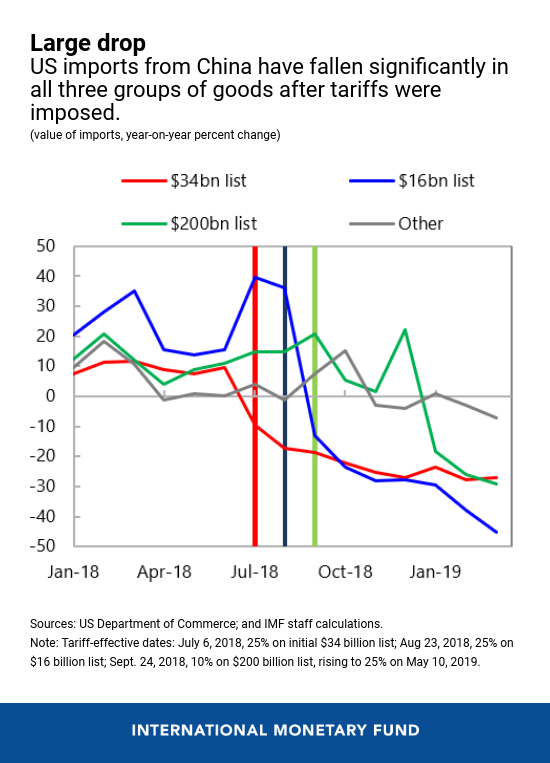
US stocks took a hit on Friday as the White House announced tariffs on goods from Mexico, Canada, and China, reigniting fears of a trade war with the nation's closest trading partners. The S&P 500 and the Dow Jones Industrial Average both fell into the red, while the tech-heavy Nasdaq Composite reversed earlier gains. The news overshadowed positive updates earlier in the day from Apple's solid earnings and a matched inflation reading. The looming tariff deadline has sparked concerns about the impact on the US economy and uncertainty over potential inflamed inflation has put Federal Reserve Chair Jerome Powell in a wait-and-see position.

The benchmark indices in India, Sensex and Nifty, surged thanks to a strong performance by Vedanta, whose impressive Q3 results led to investor sentiment. However, the Economic Survey 2025 highlights potential risks to Indian markets, with high valuations and excessive optimism in the US stock market. All eyes are now on the upcoming Budget for further cues, as the Indian market is sensitive to fluctuations in the US market.
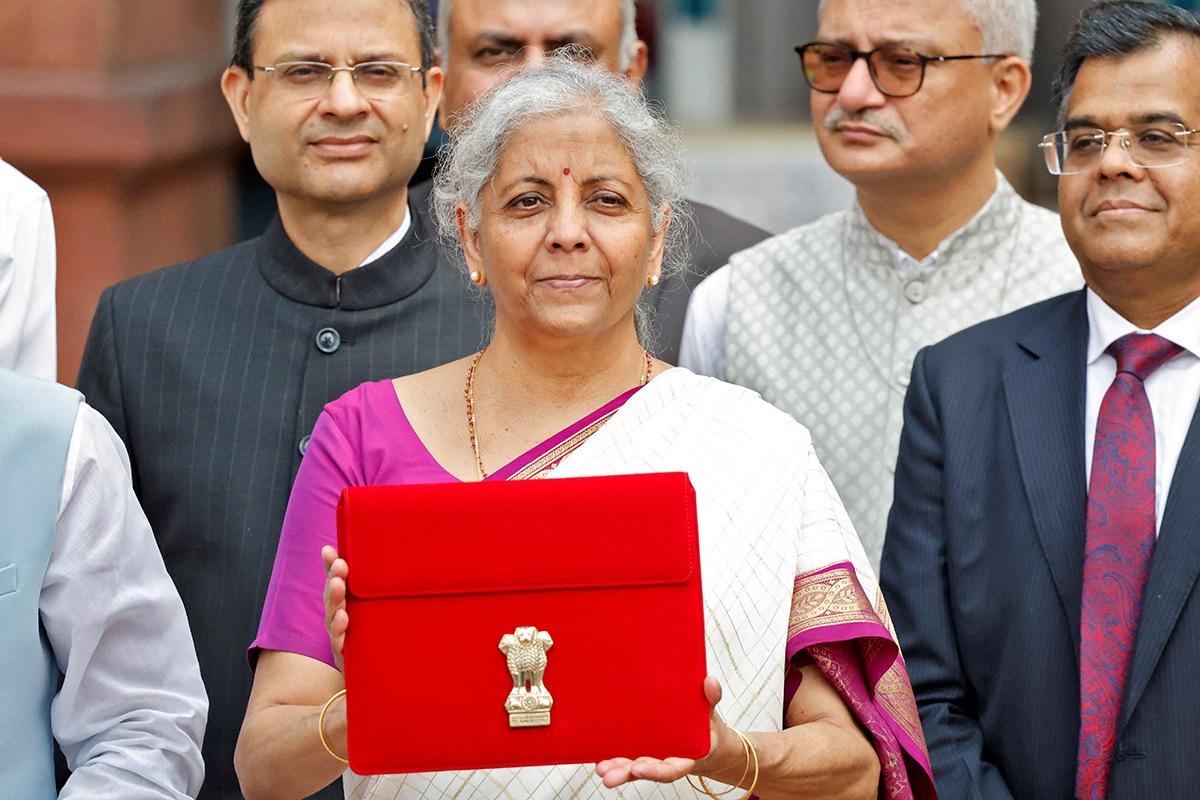
As part of the Budget for 2025-26, Finance Minister Nirmala Sitharaman announced that contributions of up to Rs 50,000 per year towards the NPS Vatsalya scheme, a children's welfare scheme, will be eligible for tax exemption. This move aims to make the scheme more appealing, with the tax benefits also available to regular NPS accounts. The number of enrolments in the scheme is expected to increase with this announcement, providing a secure and prosperous financial future for minors.

The recently released Union Budget for 2025 has sparked positive reactions from various stakeholders in the MSME sector. The budget includes measures such as increased credit guarantee cover and customised credit cards for small businesses, which are seen as crucial steps in promoting financial inclusion and aiding India's position as a global manufacturing hub. However, experts emphasize the importance of simplifying access to these schemes and ensuring efficient disbursement of funds. The budget also focuses on building export competitiveness through digital trade networks and strong buyer-supplier ecosystems.
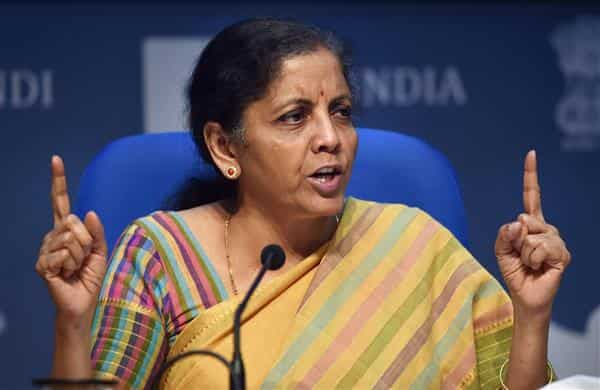
The Finance Minister, in her Budget 2025 speech, announced significant changes in taxation including a nil tax slab limit of Rs 12 lakh, increased from Rs 7 lakh, and an extended time limit of 4 years to file an updated income tax return. The threshold for TDS deduction on rent has also been raised from Rs 2.4 lakhs to Rs 6 lakhs while the exemption limit for TCS on remittances has been increased from Rs 7 lakhs to Rs 10 lakhs. Additionally, TCS on sale of goods will be omitted to ease compliance difficulties.
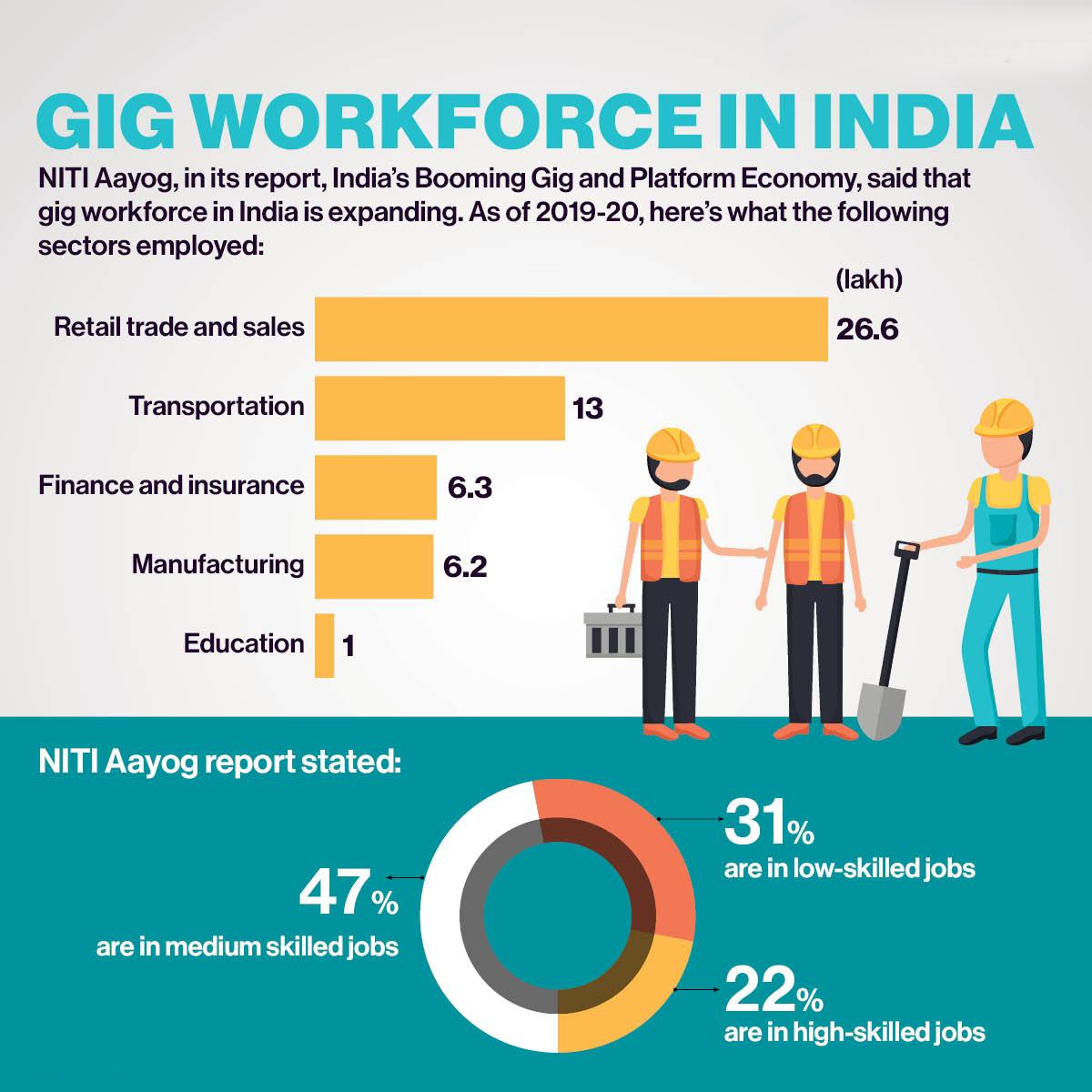
The finance minister announced plans to provide social security and health benefits to gig workers under the government's flagship schemes, including the e-Shram portal which will create a national database. However, unions representing gig workers in Pune expressed dissatisfaction with the budget, questioning why existing health insurance schemes are not being extended to gig workers, and raising concerns about working conditions and lack of a grievance redressal mechanism. While some welcome the government's recognition of gig workers, others argue that the budget does not go far enough in regulating the relationship between workers and companies.

BTTV, a leading business news network, has launched a new market show titled 'Daily Calls' that aims to provide viewers with valuable insights and clarity through live sessions with expert analysts. The show, available on BT TV and Reels, is a must-watch for anyone looking for guidance on investing and portfolio building. With this new addition, BTTV continues to be a go-to source for all things business.